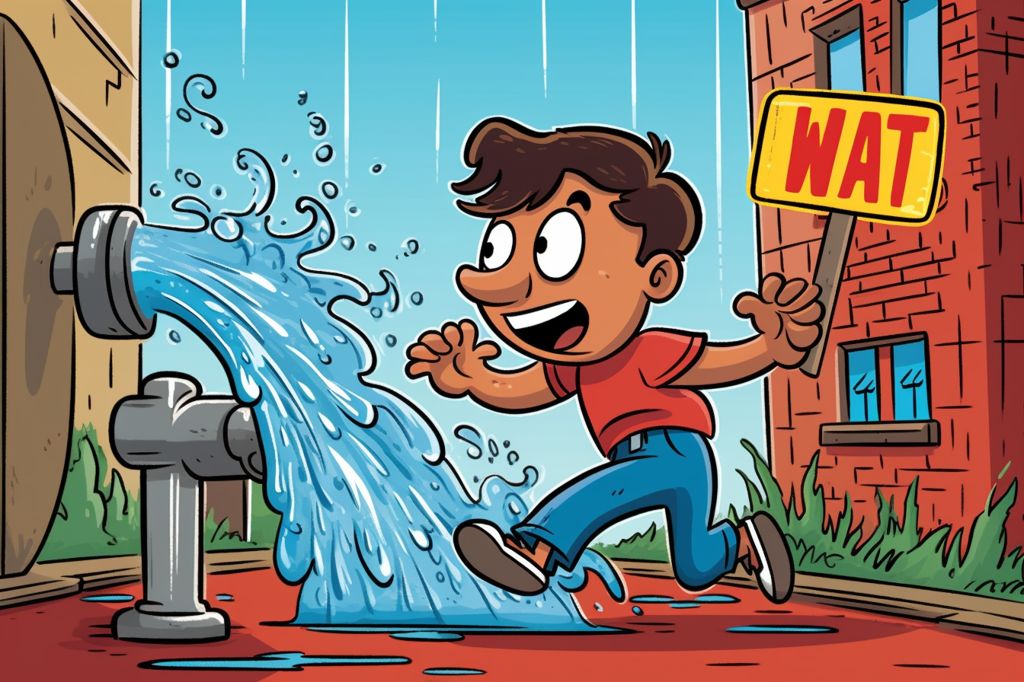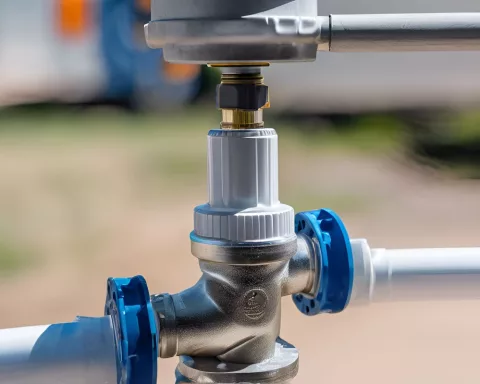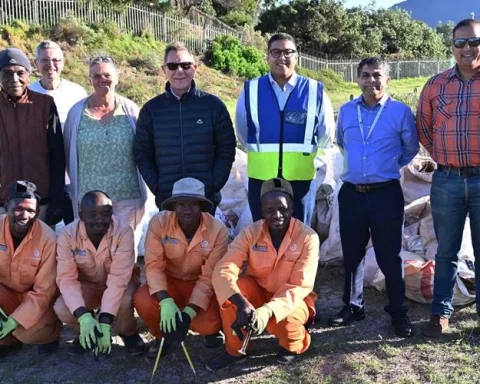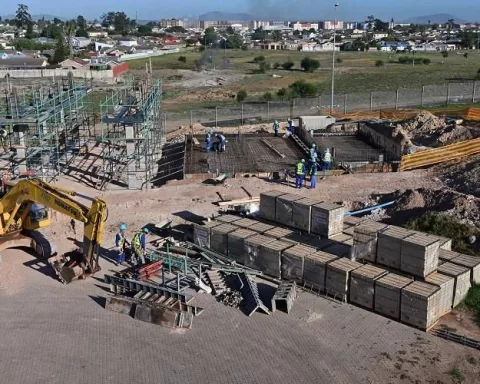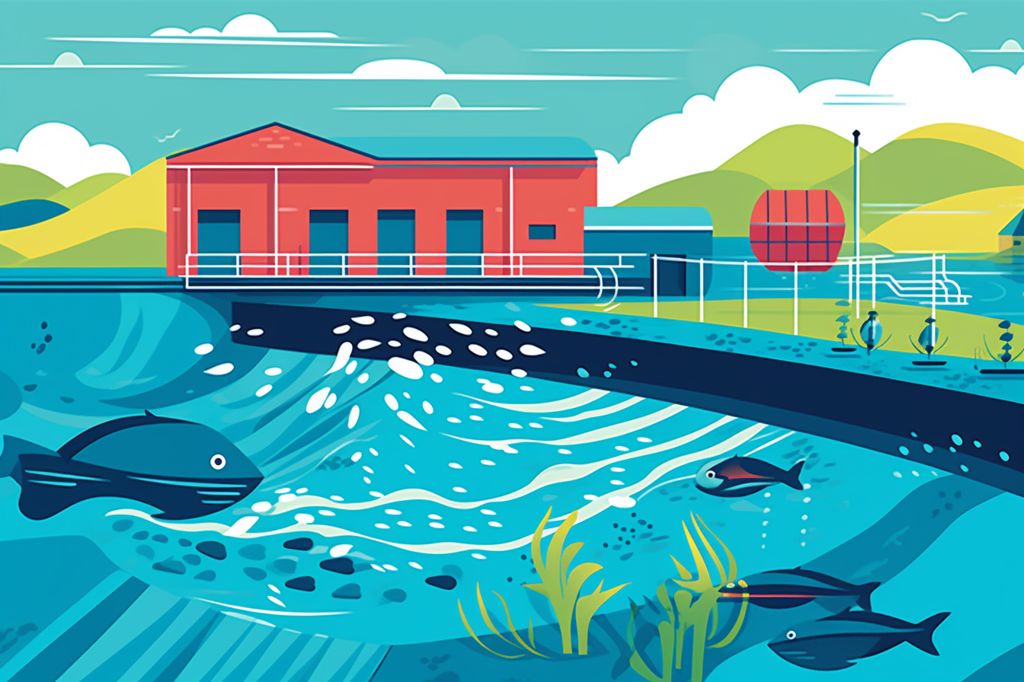KwaZulu-Natal, a coastal province in South Africa, has been successful in maintaining stable dam levels throughout the winter season. This accomplishment is a testament to the province’s commitment to ensuring a consistent water supply and promoting responsible water usage. This article provides an overview of the current situation of dam levels in KwaZulu-Natal and emphasizes the importance of water conservation measures.
Stable Dam Levels in KwaZulu-Natal
Despite a slight decrease in storage capacity from 91.1% to 90.9% and a drop in the Umgeni water supply system from 98.0% to 97.5%, the overall water supply in KwaZulu-Natal remains secure. This reflects the province’s effective water management strategies.
Changes in Dam Levels
Several dams in KwaZulu-Natal have reported minor fluctuations in their water contents. For instance, the Albert-Falls Dam, responsible for supplying water to the eThekwini Metro, remains stable at 99.8%. Midmar Dam on the Mgeni River has marginally declined from 97.0% to 96.8%, and Nagle Dam’s level has slightly dropped from 99.9% to 98.2%.
On the other hand, Driel Barrage Dam on the Tugela River has experienced a minor increase from 93.4% to 95.0%. Craigie Burn, Zaaihoek, and Bivane dams have remained unchanged with water levels of 100.4%, 90.6%, and 100.5%, respectively. Furthermore, Hazelmere Dam, which provides water to KZN’s North Coast, stands at 59.1%, a marginal decrease from 59.4% last week.
The Importance of Water Conservation
The Department of Water and Sanitation (DWS) urges residents to continue using water sparingly and responsibly. This includes avoiding vandalism of water infrastructure, promptly reporting and fixing water leaks, and collaborating with local authorities. The DWS works alongside provincial and local governments to ensure water security in the province.
Natural Fluctuations and Effective Water Management
Other dam levels in KwaZulu-Natal, such as Spioenkop, Mearns, Ntshingwayo, Inanda, Wagendrift, Hluhluwe, Goedertrouw, and Klipfontein, have either slightly increased or decreased within the past week. These changes reflect the natural fluctuations that occur in the dams, emphasizing the need for effective water management.
Promoting Sustainable Water Infrastructure and Responsible Water Use
KwaZulu-Natal’s ability to maintain stable dam levels showcases its commitment to providing a reliable water supply for its residents. Water is a crucial resource for various aspects of life, including agriculture, industry, and domestic use. Therefore, it is essential for governments and citizens to work together to protect and conserve water sources.
The province’s efforts to manage its water resources highlight the significance of investing in sustainable water infrastructure and promoting responsible water use. With ongoing collaboration between the government, local authorities, and citizens, KwaZulu-Natal continues to strive for water security and environmental sustainability.

